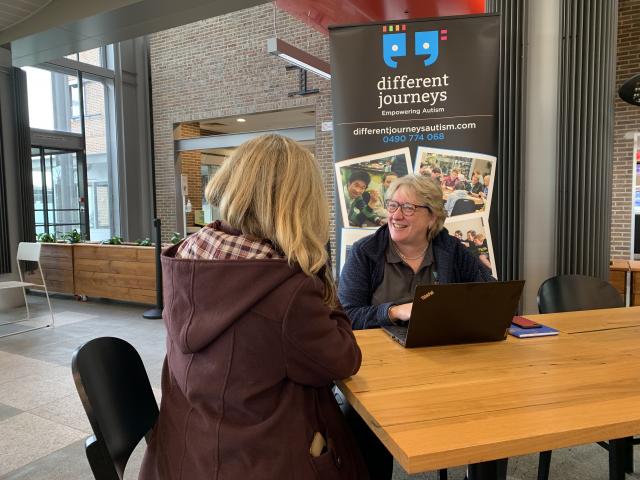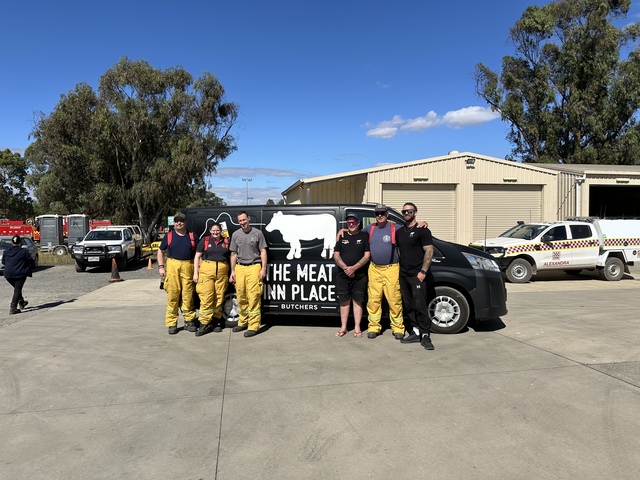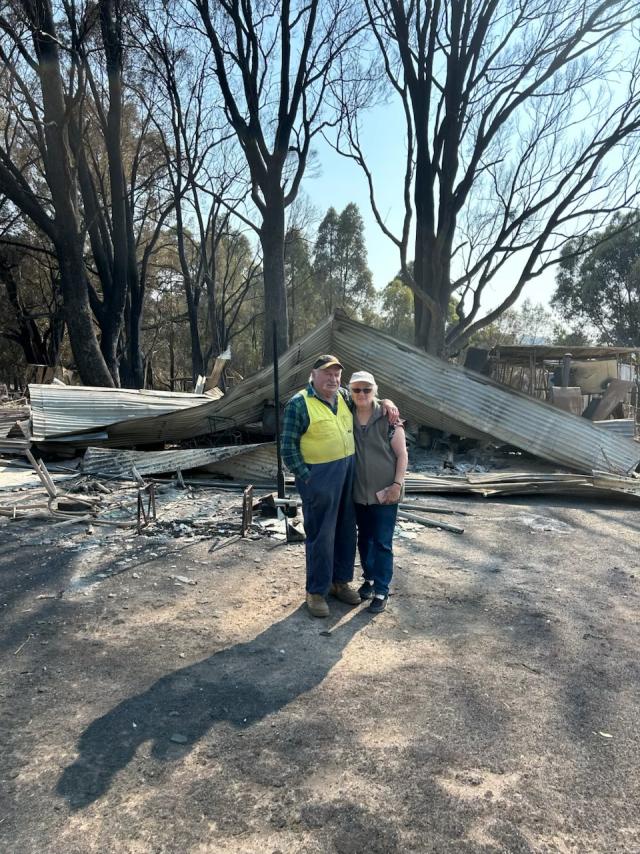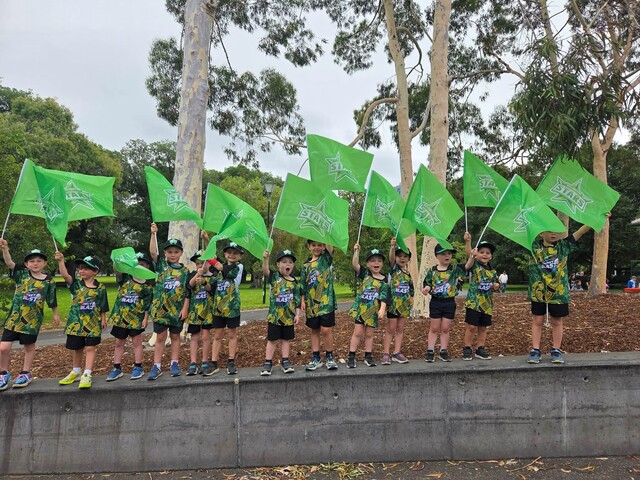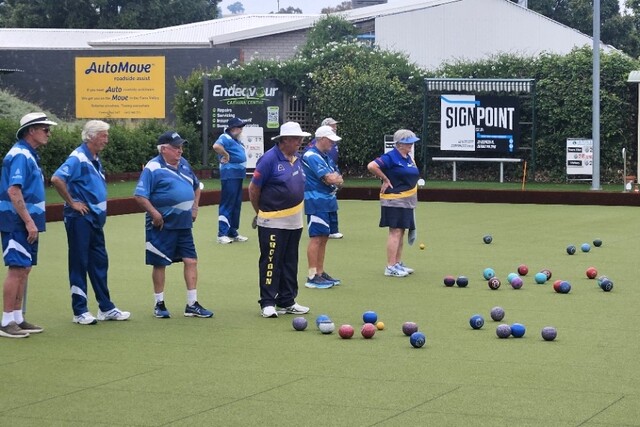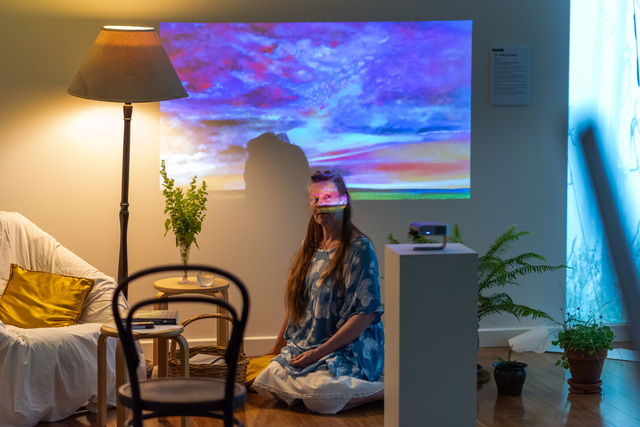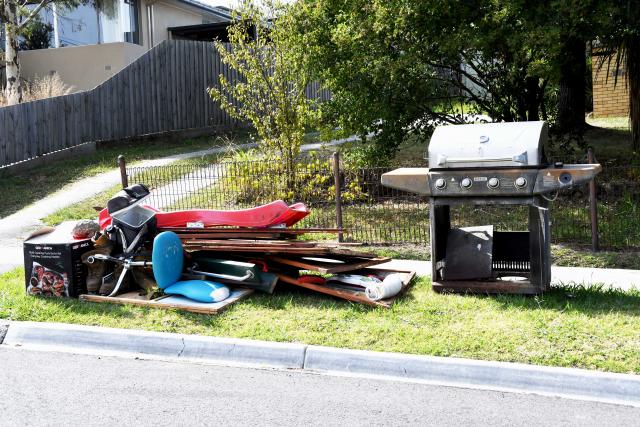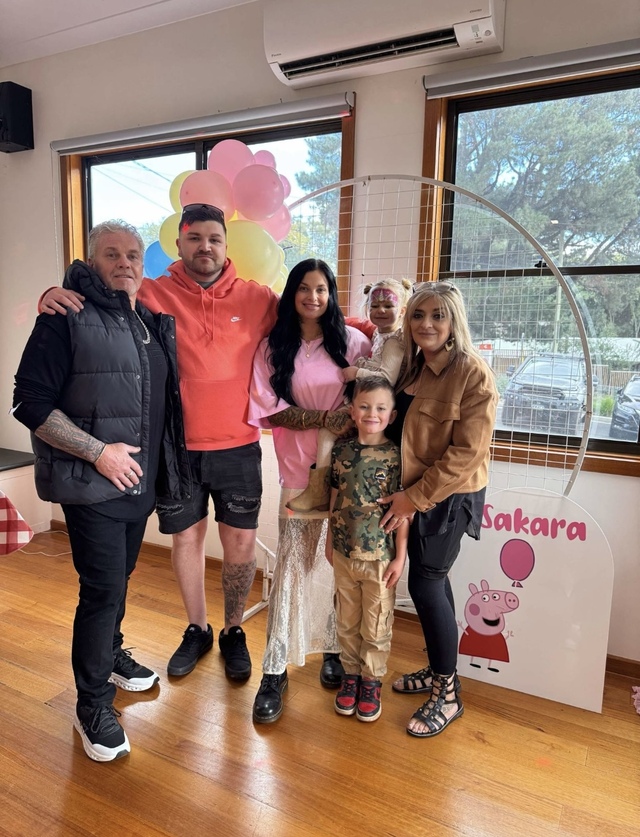An outer eastern carers support organisation has been able to introduce beneficial new programs after receiving significant funding from the State Government.
Different Journeys is a group running programs and events around Victoria, including the Yarra Ranges and Maroondah, aiming to create safe and affordable spaces for autistic teens, adults, their carers, and family to support each other.
Balancing a workload and caring for someone in need is a difficult task. Many carers struggle to find opportunities to deal with these conflicting responsibilities, as well as the challenge of reentering the workforce after taking the time to care for loved ones.
After recently receiving this funding, Different Journeys have unveiled a project designed to help support carers in their workplace and provide them with the necessary resources.
To achieve this, they are working with the State Library as an employer to create and maintain flexible roles that suit both the carer and the employer.
The funding of $100,000 was announced by carers and volunteers minister Ros Spence who said carers were “an untapped resource”.
“We know that carers across Victoria face significant challenges in seeking paid work, and these programs are part of our efforts to remove some of these barriers.”
This shows a definite step forward in supporting the development of flexible roles in the workplace and removal of the barriers carers can face finding employment.
A secondary project was outlined, describing a tool kit for carer support services and employment programs.
It is said to include tips and guides on how to address the need for flexibility in work for employers in effort to improve the mentoring these institutions provide for carers.
“We also know employers who create flexible, supportive workplaces stand to benefit from the untapped talents of thousands of Victorians, helping to address workforce shortages across sectors, industries and regions,” Ms Spence said.
Addressing the acute workplace shortages serves as an acknowledgement of the significant pool of hidden talent represented by carers and their struggles to find paid work.
These projects should provide support on either end of the situation, recognising the help employers need to create these flexible workspaces and the additional assistance required for carers to remove barriers in employment.

